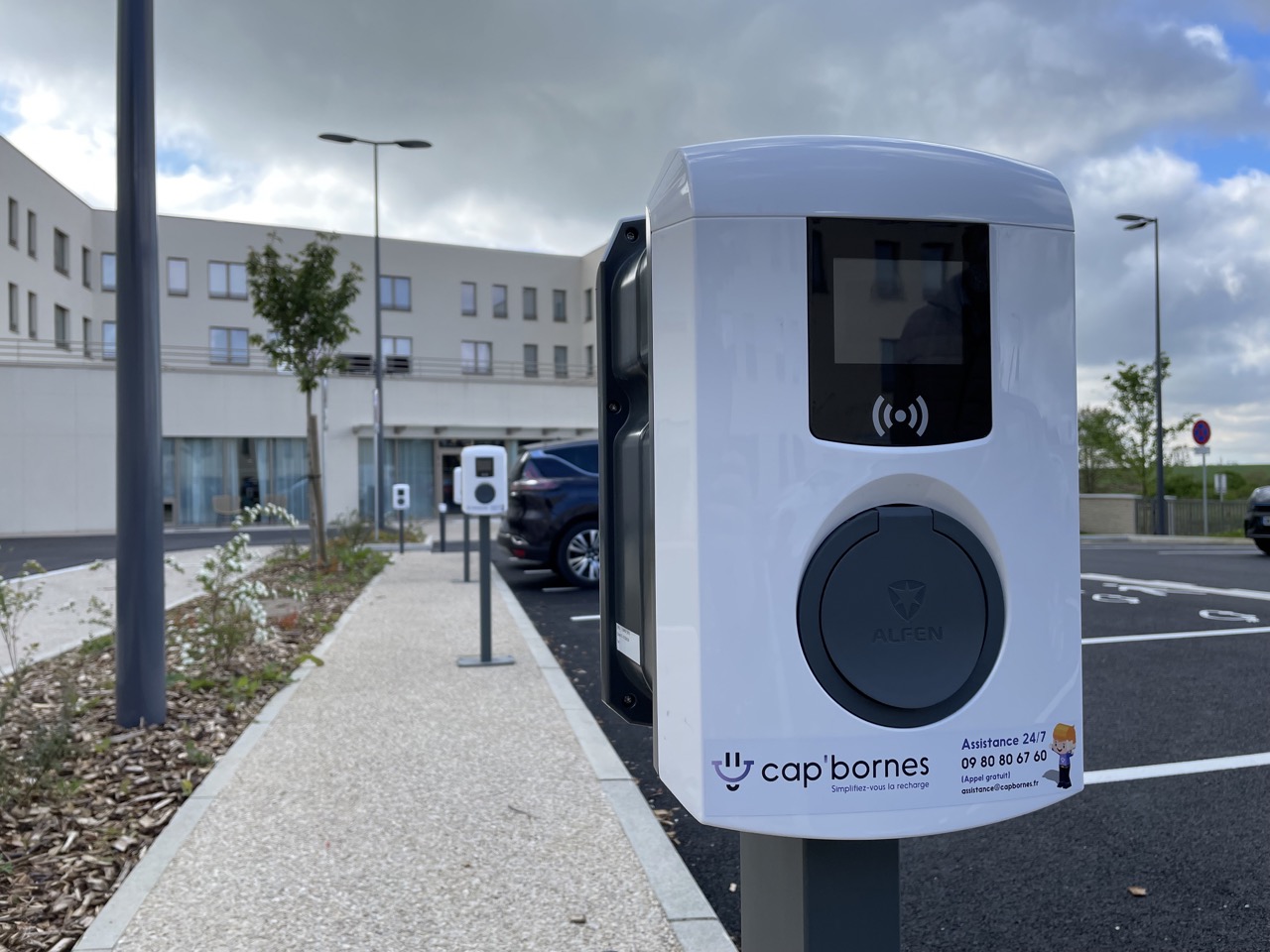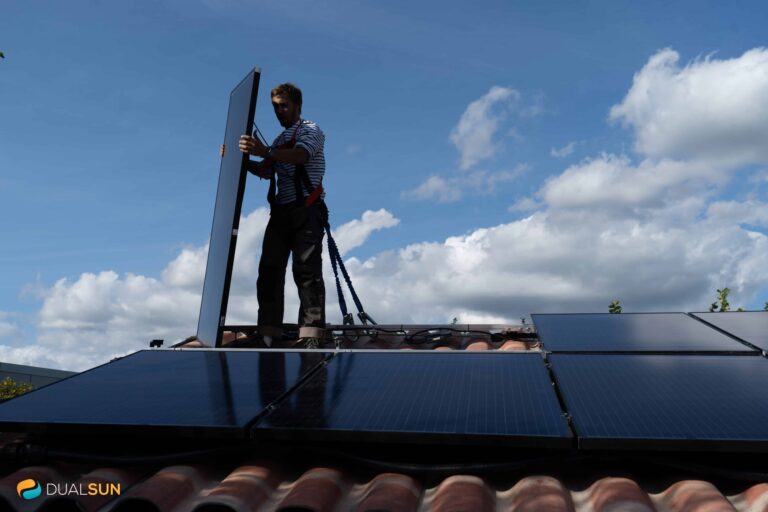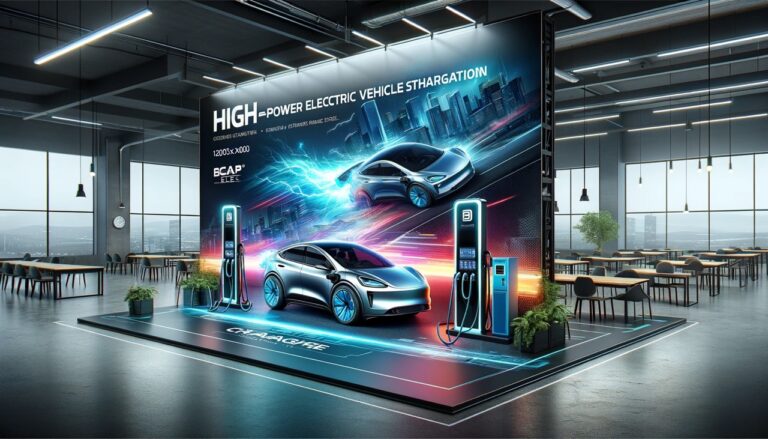Cost of Charging an Electric Car: A Detailed Analysis
Electric cars (EVs) are growing in popularity thanks to their many environmental and economic benefits. However, the issue of charging costs remains a matter of debate. This article explores the costs associated with charging an electric car, based on common practices and price variations.
Home Charging Costs
The most common method of charging for EV owners is at home. This can be done via a simple household outlet or an installed charging station. This method is not only practical but also economical.
Cost Calculation
To calculate the cost per 100 km, let’s take the example of an electric city car consuming around 15 kWh/100 km. With an average electricity price of €0.16/kWh, the cost rises to around €2.40 per 100 km.
Comparison with traditional fuels:
- Gasoline: ~6.50 €/100 km
- Diesel: ~€7/100 km
- Bioethanol: ~5.50 €/100 km
Thus, recharging at home is significantly cheaper than fossil fuels, making electric more advantageous in the long term.
Charging Costs at Public Terminals
Although charging at home is beneficial, not everyone has this option. Public terminals offer an alternative, although they tend to be more expensive due to the additional fees involved.
Factors Affecting Cost
- Terminal power: Varies from 2.4 kW to over 300 kW. More powerful terminals offer fast charging but are often more expensive.
- Operational costs: Include the cost of connection, hardware and software investments, and maintenance costs.
Rates can vary widely by carrier and location, adding complexity to cost forecasting. Generally speaking, public charging stations cost more than home charging due to operational costs.
Comparison and Advice
Charging on Highway vs. City
Charging on the highway, especially at fast charging stations, can be particularly expensive. For example, a fast highway charge for a Peugeot 208 from 20% to 80% can cost around €25, while a charge in a local network could be around €6.50 for the same amount of energy.
Free Recharge
Some operators offer free top-ups at certain locations, although these are rare.
Conclusion
Charging an electric vehicle at home remains the most economical option, with costs comparable to other household appliances. Public terminals, although convenient, can be more expensive. It is crucial to find out about prices before connecting to avoid surprises. In terms of energy costs, electric cars are generally more economical than thermal vehicles, especially if you can recharge mainly at home or at work.
To maximize savings with an electric vehicle, it is advisable to plan consumption and recharges according to the options available, taking into account hourly rates and the availability of free or cheaper terminals.






